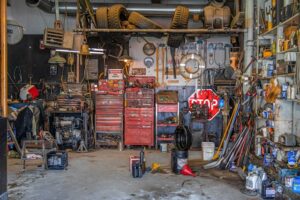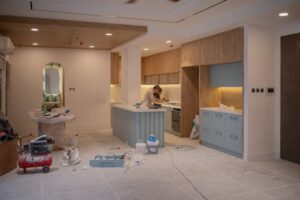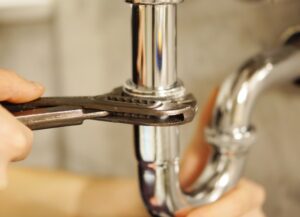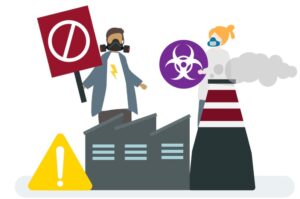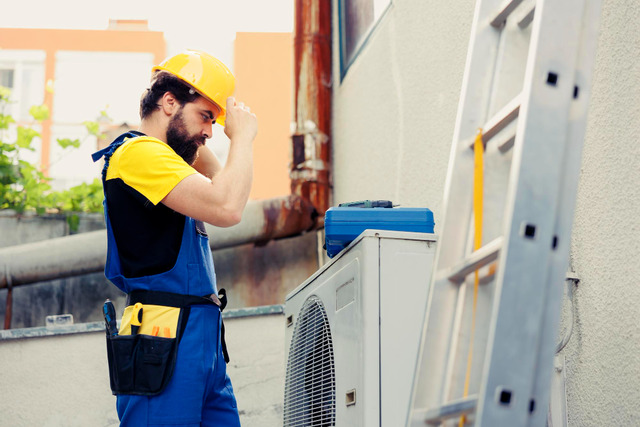
It is true that new equipment can easily replace poorly performing systems with more stable units but the last thing you want is to have them replaced prematurely. Repairs often costs less than HVAC replacement. However, if you spend a lot to keep an old system running, it can cost less in the end.
Common Signs of HVAC Problems
Noting down common signs of HVAC problems is an important step that helps to determine whether to replace or repair your system. These signs include the following:
- Frequent breakdowns
- Increasing energy bills
- Equipment’s age
- Inconsistent airflow
- Insufficient cooling & heating
HVAC Repair
Whichever HVAC issues you are dealing with, contact a technician at Air Tech Plumbing, Heating, Cooling & Green Energy to help you fix those issues. By hiring a professional technician, you can restore the unit and ascertain that it runs smoothly.
HVAC Replacement
Buying and replacing your HVAC system costs a lot of money. This is why you might want to carefully think things over to make the right decision.For instance, you can consider the age of your current system. If it is more than 15 years old, then replace it right away.
Factors to Help You Make the Right Decision
It is important to have an HVAC unit running in your home at Okanagan to keep you warm during winter and cool in the summer. As your unit is about to hit its lifespan, most of the internal components will start to fail working. This is why we recommend that you take time to evaluate the following factors so you can make a good decision:
1. Age
Similar to every mechanical equipment, HVAC units also have a lifecycle or shelf-life. The HVAC’s age is a good start to help you decide whether to repair or replace your system. While factors like the unit’s usage, Okanagan’s climate, and maintenance history will affect the lifespan of a system, these numbers can act as a guide to decide when to conduct repairs and replacements:
- Heat pumps – around 15 years
- Furnaces – between 15 and 20 years
- AC – lasts from 15 to 20 year
2. Cost
Based on the extent of the problem, the expenses of repairing your HVAC can exceed the costs of replacing it. This means, in some situations, it will be more affordable to fully replace you unit. But if money is the issue here, work with the most experienced contractor fix the issue instead.
3. Size & Capacity
Does your current HVAC system have the ability to cool and warm your entire building? Buying a small unit to save money can be unwise. It won’t be able to ventilate, cool, and heat the building. Also, buying a bigger unit can be a bad idea. Do you know why? It will decrease the lifespan of your unit. To make the right decision, consult a professional to help you invest in a system with the right type, size, and capacity for your building.
Whether to replace or repair your unit is absolutely a personal decision, which depends on your unique situation and need. If your unit is still new and the issues are minor, repair the system. But if the unit is inefficient and old, consider replacing your HVAC instead.

